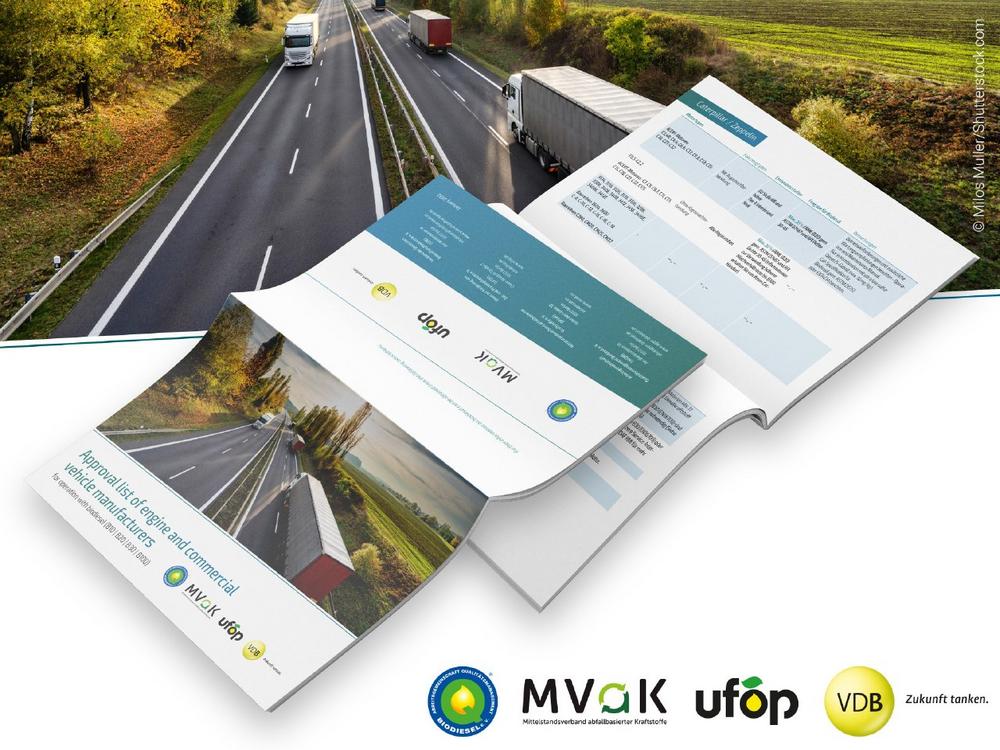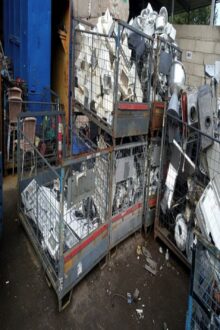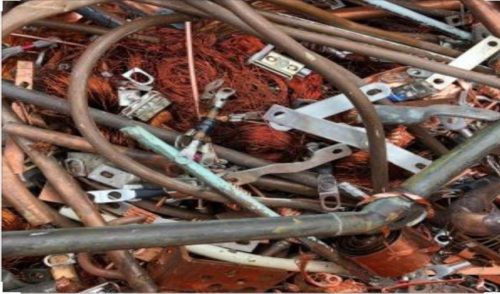
New list: These commercial vehicles are allowed to fill up with biodiesel
A contribution by heavy-duty road transport to reducing emissions is particularly important, as its share of the total amount of fuel consumed was just under 29 percent in 2019. "It makes particular sense for climate protection in heavy-duty transport to use more biodiesel, because electromobility cannot be used here in the short term," said Detlef Evers. He is managing director of Mittelstandsverband abfallbasierter Kraftstoffe (MVaK), which published the list together with Arbeitsgemeinschaft Qualitätsmanagement Biodiesel (AGQM), Union zur Förderung von Oel- und Proteinpflanzen (UFOP) and Verband der Deutschen Biokraftstoffindustrie (VDB).
"For cities and municipalities, it is already interesting to use biodiesel in the municipal vehicle fleet, in the future it will become even more attractive", said Elmar Baumann, managing director at VDB. This is because the municipalities are obliged by the "Clean Vehicle Procurement Act" to use vehicles in their fleets that cause fewer greenhouse gas emissions. To comply with this obligation, they can also use biodiesel. The prices of biofuels are dampened compared to fossil fuel because they are not subject to CO2 pricing under the German Fuel Emissions Trading Act. In addition, the greenhouse gas savings achieved by using biodiesel can be sold to the mineral oil industry within the framework of German GHG reduction quota trading, thus fulfilling their legal requirements to reduce greenhouse gas emissions. This also has a price-reducing effect.
"Especially for rural municipalities, it brings advantages when biodiesel is fuelled in municipal and agricultural vehicles. Locally produced rapeseed can be used for biodiesel production. Strengthening the regional economy, securing jobs and climate protection thus go hand in hand," said Stephan Arens, Managing Director of UFOP.
As a rule, fuels must meet the minimum requirements of the applicable standards. In Europe, EN 14214 specifies pure biodiesel. EN 14214 is usually appointed in the product information of the vehicle manufacturers as a prerequisite for use and warranty. "The quality of the biodiesel is a key component if vehicles are to be operated with B20, B30 or B100. AGQM ensures through unannounced sampling at the manufacturers that the specifications of the standard are met, and that biodiesel can be used safely," emphasised Dr Richard Wicht, Managing Director of AGQM.
UFOP – Union zur Förderung von Oel- und Proteinpflanzen e.V.
Claire-Waldoff-Str. 7
10117 Berlin
Telefon: +49 (30) 2359799-40
Telefax: +49 (30) 2359799-99
http://www.ufop.de
E-Mail: info@agqm-biodiesel.de
UFOP e. V.
Telefon: +49 (30) 31904-215
Fax: +49 (30) 31904-485
E-Mail: d.bockey@ufop.de
![]()



